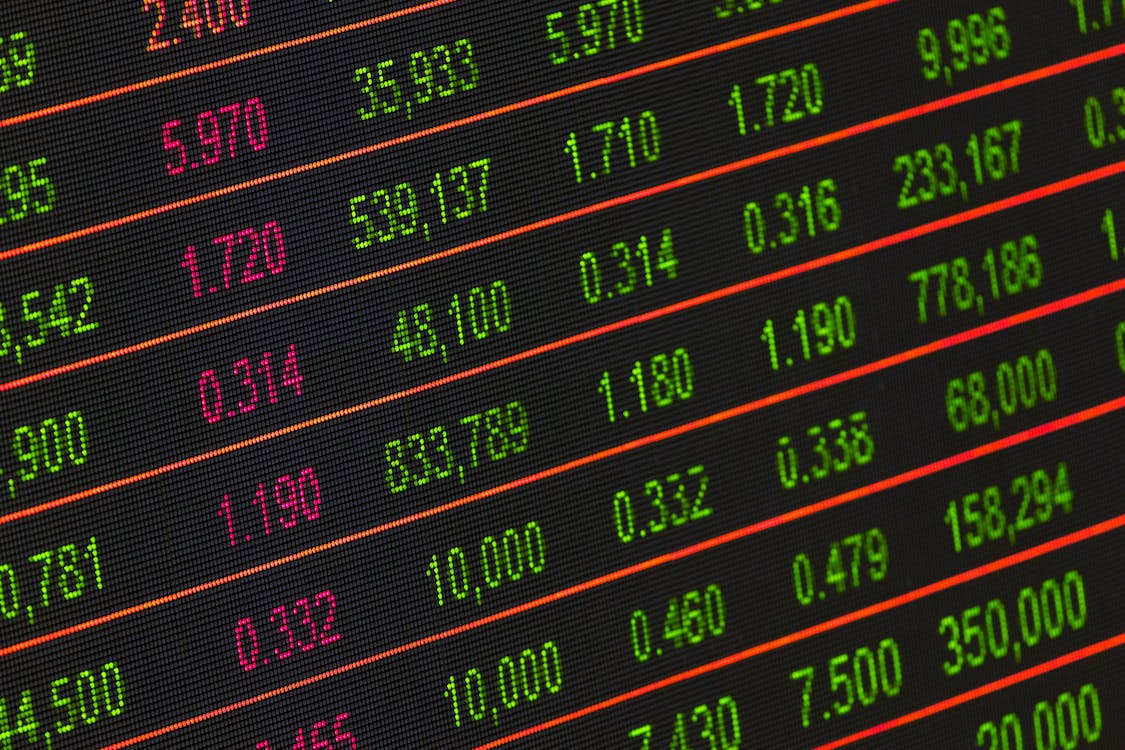Is Margin Trading The Same As Leverage?
Author: ChatGPT
March 05, 2023
Introduction
When it comes to trading, there are many different strategies and techniques that can be used to maximize profits. One of the most popular strategies is margin trading, which involves borrowing money from a broker in order to increase the size of a trade. This can be a great way to increase profits, but it also carries with it some risks. Another strategy that is often used in trading is leverage, which involves using borrowed money to increase the size of a trade. While these two strategies may sound similar, they are actually quite different and should not be confused. In this blog post, we will take a closer look at margin trading and leverage and how they differ from one another.
What is Margin Trading?
Margin trading is a type of trading strategy that involves borrowing money from a broker in order to increase the size of a trade. This allows traders to open larger positions than they would otherwise be able to with their own capital alone. The borrowed funds are known as “margin” and must be repaid with interest when the position is closed out. Margin trading can be an effective way to increase profits, but it also carries with it some risks as well.
When margin trading, traders must maintain sufficient equity in their account at all times or else they risk having their positions liquidated by their broker. This means that if the value of the position falls below a certain level (known as the “maintenance margin”), then the broker will close out the position in order to protect themselves from losses. As such, traders must always ensure that they have enough equity in their account before opening any positions on margin.

What is Leverage?
Leverage is another type of trading strategy that involves using borrowed funds in order to increase the size of a trade. Unlike margin trading, however, leverage does not involve borrowing money directly from a broker but rather using other financial instruments such as derivatives or options contracts in order to gain access to additional capital for trades. Leverage can also be used for both long and short positions and does not require traders to maintain any specific amount of equity in their accounts at all times like margin trading does.
The main difference between leverage and margin trading lies in how much risk each strategy carries with it. With leverage, traders are only exposed to losses up to the amount of capital they have invested into their trades whereas with margin trading they can potentially lose more than what they have invested if their positions move against them too quickly or if they fail to maintain sufficient equity levels in their accounts at all times. As such, leverage tends to carry less risk than margin trading but also offers less potential for profit as well since traders are limited by how much capital they have available for trades rather than being able to borrow additional funds from brokers like with margin trades.

Which Strategy Should You Use?
Ultimately, which strategy you choose will depend on your individual goals and risk tolerance levels when it comes to investing or trading markets. If you are looking for higher potential returns but are willing to accept more risk then margin trading may be right for you whereas if you prefer lower risk investments then leverage may be more suitable for your needs instead. It’s important that you understand both strategies before deciding which one is best suited for your individual needs so make sure you do your research before making any decisions!I highly recommend exploring these related articles, which will provide valuable insights and help you gain a more comprehensive understanding of the subject matter.:www.cscourses.dev/algorithmic-trading-funds.html, www.cscourses.dev/algorithmic-trading-and-reinforcement-learning.html, www.cscourses.dev/how-much-of-the-market-is-algorithmic-trading.html

How Long Does It Take To Sell Stock And Get Money?
Discover the answer to one of the most frequently asked questions in the world of finance - learn how long it takes to sell stock and receive your earnings.

What Are High Dividend Stocks?
Discover how investing in high dividend stocks can potentially provide a steady income stream and increase your long-term returns in the stock market.

Are Data Science And Machine Learning The Same?
Data science is a field of study that focuses on extracting insights from large amounts of data. It involves using various techniques such as machine learning, natural language processing, statistics, and data mining to analyze data sets and uncover patterns or trends.

Are Remarkable Tablets Worth It?
Are you looking for a device that can replace your notebooks and printed documents? If so, you may have heard of the reMarkable 2 tablet.
